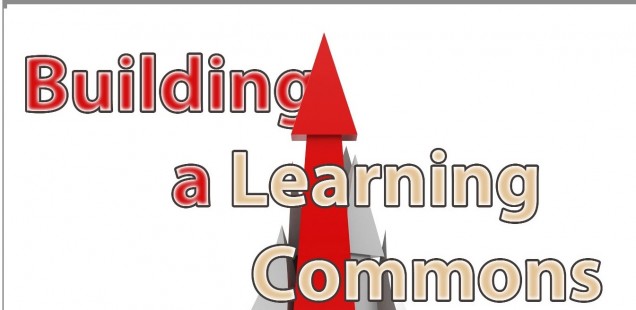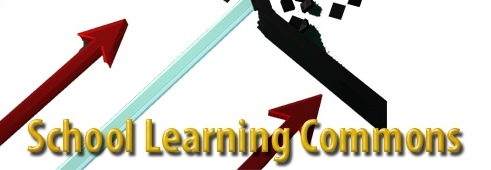
In recent years school libraries worldwide have undergone a period of re-evaluating their role and innovating into a new future. The changing nature of both education and resources, accompanied by easy online access to information and 1:1 computing, have all been part of this change.
Next month School Library Assoc of Victoria will welcome to Melbourne two renowned library professionals who have played a significant role in leading the change worldwide, Dr David V Loertscher and Carol Koechlin. David and Carol are library educators well known for information literacy skills development and for providing practical support for rethinking and re-imagining school libraries.
Their work on developing the model of school libraries as Learning Commons, can be seen on The School Learning Commons Knowledge Building Center website. It is discussed in their article Climbing to Excellence: Defining characteristics of successful learning commons. This article is also available in the latest edition of SLAV’s online professional journal Synergy.
To quote David and Carol:
The focus of the transformed traditional library should be on learning in its many manifestations, whether formal or informal, and the word “commons” could reflect a shift from a top-down organisational structure to the flat networked world where the clients, both teachers and students, consider themselves to be in command of knowledge building.
We have proposed that the learning commons serve a unique purpose in the school as a bridge between educational philosophy being practiced and the real world. As such, the learning commons serves school curriculum but also is known as a place for experimenting, playing, making, doing, thinking, collaborating, and growing. A series of Learning Commons books have been produced to support this journey.
Recently they’ve been involved in the development of Leading Learning: Standards of Practice for School Library Learning Commons in Canada, 2014 which presents a model for the development and implementation of the school library as a library learning commons, providing educators with a common set of standards of practice for moving forward.
Teacher librarians will be familiar with some of their practical and popular information literacy books published in collaboration with Sandi Swaan:
David and Carol will teach and inspire Australian library professionals at the SLAV Conference, Friday 8 August with a follow-up full day workshop early the next week. See the SLAV website for full details and registration.




